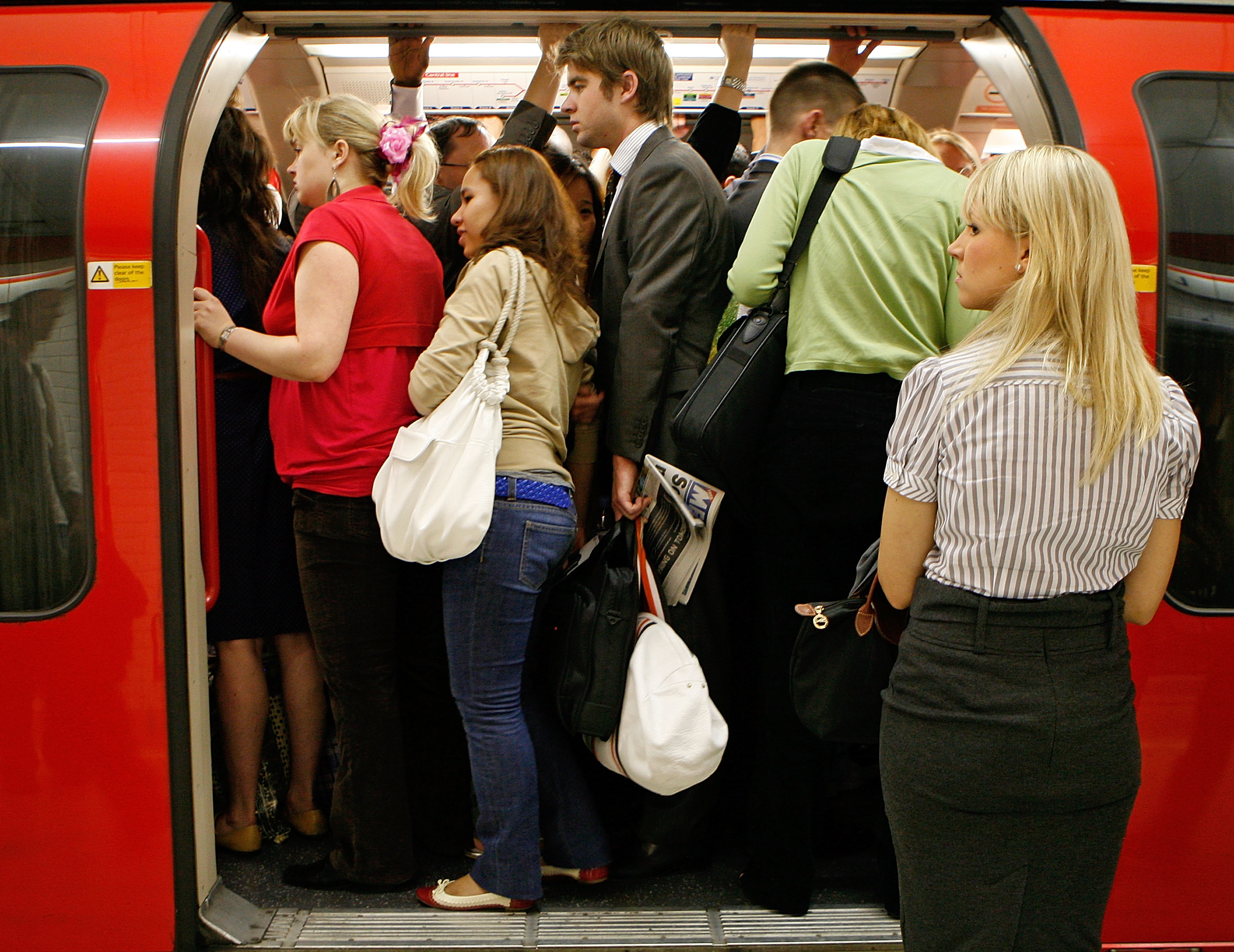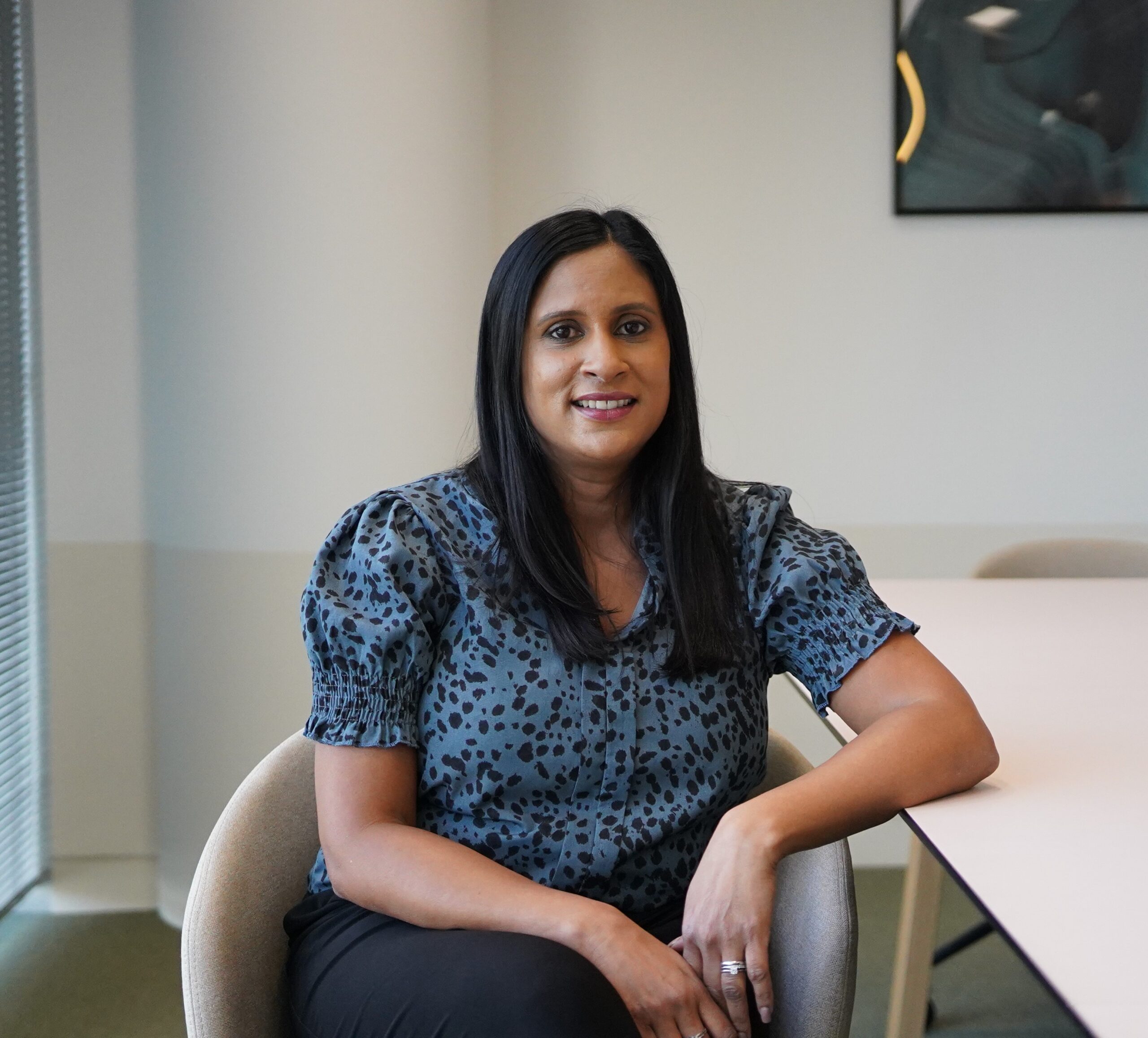There won’t be an “out of office” on Lauren’s email this summer. “As a freelancer, admitting you’re taking a holiday is like hoisting up a flag saying ‘no’ to work,” the 39-year-old copywriter said. “It could mean either rejecting new clients or making existing ones wait for work, which I worry would lead them to find a faster replacement. I can’t take that risk — so I can’t take time off.”
Lauren, who did not want her full name published, had anticipated that freelancing would be a dream flexible career when she left her employed role at a marketing agency last year.
“I’d got caught up in the Instagram posts; all the freelancers I knew seemed to be working from the beach, able to fit work into gaps around travel, kids or fitness. It appeared to be the best of all worlds,” she explained.
On the face of it, her next move was obvious. “I chose to go self-employed,” she said.
The reality, however, could hardly have been more different. “I’m working seven days a week and it’s a constant scramble to get and retain clients. My laptop is the first thing I’m packing for my so-called holiday; it’s just work in another place.”
Lauren’s freelance hours are an extended version of the “infinite workday” — a new pattern observed by Microsoft. The tech firm’s analysis of “trillions” of globally aggregated, anonymised data from its applications — such as Outlook, Office and Teams — revealed the starkness of the erosion of work boundaries in 2025.
‘Infinite workday’
Some 40 per cent of people online at 6am are reviewing emails. Meetings after 8pm are up 16 per cent year-on-year, and the average worker now sends or receives more than 50 messages outside their “core business hours”. At 10pm, a third of workers dive back into their inboxes to prepare for the next day.
“Boundaries are eroding,” Microsoft’s report concluded. Devoid of the security of that reliable monthly salary, freelancers and self-employed workers anecdotally report working longer hours than when they were employed staff. Essex University research for Arts Council England found that 83 per cent of freelancers working in the cultural sector said their long working hours had a negative impact on their life outside of work.
• What I learnt … about using freelancers
Lauren is now looking for a new staff role. “I miss the reliability of my old job, with more set working hours, a team to share work with during busy periods, and the fallback of benefits like health insurance and pension,” she said.

The lure of being a sardine again: the rat race is calling for people caught in “the self-employment trap”
CATE GILLON/GETTY IMAGES
Rates of self-employment fell starkly during the pandemic, and the allure of freelancing has failed to recover. More than five million Britons were self-employed at the start of 2020; now that figure hovers around 4.4 million, according to the Office for National Statistics.
The self-employment trap?, a report from the Centre for Economic Performance at the London School of Economics found that one in eight self-employed workers would even accept a 20 per cent pay cut for the stability of full-time work.
Charlotte, who did not want her surname published for fear of career repercussions, did just that. The 42-year-old worked as a lawyer for a global asset management firm, but moved into consultancy after having her third child. “I thought working on a freelance basis would make it easier to fit work in around my kids, and involve fewer hours at my desk,” she said.
But after seven months of being self-employed in contract law, Charlotte concluded it was impossible. “I was working on transactional property deals … [but] without the administrative and limited paralegal support I’d had when on staff. Working from home, I really missed the office network where I could casually ask colleagues questions, which felt vital after my career break for kids.
“I was working every night until 1am, and dealing with demanding clients who wanted documents day and night. Payment windows were long: I was paid only when deals were completed, and that often took three months.
“I was putting in a lot of work, getting paid very little, working weekends, and never able to pause as it was all on me to deal with it. I enjoyed the work, but I knew I was not coping. I started forgetting stuff for my kids, as the work took over everything.”
Charlotte moved back to the predictability of being on payroll. “Now I work for a large commercial law firm. It’s still longish hours, but the pressure to work through the night has gone. I have a team to share the burden with, and paralegals to help. I’m included in office life, plus I receive the usual benefits — and don’t have to sort out my own taxes.
“Being self-employed, there were no boundaries. I never took a day off, because doing so meant the work piled up the next day. Everything was ‘on’ me, and I had little financial stability.”

“I felt like I was juggling so many balls and there was never an off switch,” says Kavitha Sivasubramaniam of life as a freelancer
‘Trapped and insecure’
Robert Blackburn, professor for entrepreneurship at Liverpool University, said the jobs market was facing a “massive period of uncertainty” as “the shine has come off” being self-employed. “The freelance labour force contributes hugely to the economy,” he said, “but where people had thought it was a dream to work for themselves, many now feel trapped and insecure.
“It could make the labour force less flexible. Firms have been able to turn to their pool of freelancers to access certain skills — they’re a reserve ‘army of labour’ that is required both for quality and quantity purposes in our economy.
“Now, the current pace of technological change makes it all the more imperative to have this pool of freelancers, so organisations can draw upon their expertise without the cost of keeping them all in-house. But the huge allure of being self-employed — that attraction of working for yourself and being entrepreneur-like — has diminished.
“The insecurities attached to being a freelancer mean more people are looking for employed work, but the impact of the [rise in employers’ national insurance ] has stymied the roles available. Firms are less willing to hire due to the higher costs.”
The introduction in April 2000 of IR35 tax rules, which make companies potentially liable for the misclassification of workers as contractors, has also hurt the freelance sector. In May, broadcaster ITV set aside £61 million for a potential tax liability under IR35, writing in its annual report that “determination of employment status for tax purposes remains very subjective”.
In addition, the Centre for Economic Performance report found that more than a quarter of self-employed workers experience “moderate” or “severe” mental health issues, compared to 16 per cent of the general population. It concluded that they “appear to be questioning whether the rewards involved in being self-employed are worth the risks. In particular, the solo self-employed and younger individuals express a desire to move to a salaried job, even in some cases when this entails a wage cut.”
For Kavitha Sivasubramaniam, leaving her freelance communications career for a full-time staff role at law firm Birketts in March has been “life-changing”.
She said: “I felt like I was juggling so many balls and there was never an off switch. I was trying to work 9-5, but the reality was very different. Work would often eat into weekends and evenings in order to hit deadlines or to fit into people’s availability, but the pay really fluctuated. At times I was earning more than in employed roles, then suddenly a budget was slashed and my hours were cut, and I had to spend all my time trying to find more work.”
Having paid holiday, sick leave and a pension “really matter”, Sivasubramaniam, 45, added. “Being self-employed, the peaks and troughs were just so stressful that when I was offered a permanent, full-time role, it was an obvious choice. I still deal with out-of-hours queries and am available on-call, but I’m not at my laptop all weekend.”
She added: “Stability isn’t exciting, but it’s valuable.”

